On 6 August 2019, the Supreme Court (“SC”) issued Regulation No. 4 of 2019 (“SC Reg 4/2019”), amending the previous regulation, SC Regulation No. 2 of 2015 on the Procedure for the Resolution of Small Claims Lawsuit (“PreviousRegulation”). SC Reg 4/2019 came into force on 20 August 2019.
In general, SC Reg 4/2019 provides more optimal and effective regulation than the Previous Regulation. Under SC Reg 4/2019, there is an increase in the maximum threshold for material claims and an introduction to an e-court system for the small claims lawsuit, with the same settlement period which is within 25 (twenty five) days since the first hearing under the Previous Regulation.
SC Reg 4/2019 addresses, among others, the following matters:
Maximum Material Claims Threshold
One of the criteria under the Previous Regulation was the threshold for material claims which could be brought through a smallclaims lawsuit. This has now been increased from Rp 200,000,000.00 (two hundred million Rupiah) per case under the Previous Regulation to Rp 500,000,000.00 (five hundred million Rupiah), approximately USD 35,000 (thirty five thousand United States Dollar), per case under SC Reg 4/2019.
The Jurisdiction of the Disputing Parties
The Previous Regulation required the plaintiff and the defendant to be domiciled in the same jurisdiction. However, SC Reg 4/2019 now allows the plaintiff to file a small claims lawsuit against the defendant a different jurisdiction, with a requirement that the plaintiff must submit the lawsuit through a proxy, incidental proxy or representative, appointed through an assignment letter issued by the plaintiff’s institution domiciled in the jurisdiction of the defendant.
Proxy
In spite of the flexibility of submitting the lawsuit through a proxy if the plaintiff is domiciled in the different jurisdiction from the defendant, both the plaintiff and the defendant are still required to personally attend all of the legal proceedings. However, underSC 4/2019, now both parties must attend the proceedings with their proxies, incidental proxies or representatives, instead ofattorneys, as previously required under the Previous Regulation.
The Synchronization of the E-Court
SC 4/2019 has added a new article which allows disputing parties to manage the administration of their cases through the e-court system. The e-court system was introduced by SC Regulation No. 1 of 2019 on the Administration of Cases and LegalProceedings in Courts via Electronic Means.
Legal Remedy
The Panel of Judges may grant a verstek ruling against any defendant who fails to attend the first hearing after having beensummoned properly for a second time. However, SC Reg 4/2019 offers a legal remedy for defendants in such cases, as they arenow able to challenge such rulings by filing a verzet. However, a verzet may only be submitted within 7 (seven) days of verstekruling being granted.
Security Seizures
The Panel of Judges may order the security seizure of the assets of a defendant or the assets of the plaintiff which are currently inthe possession of the defendant. They do not have this authority under the Previous Regulation.
The Procedure for the Execution of the Ruling
Under the Previous Regulation, any ruling was considered legal and binding, if no objection was filed against the ruling. A ruling had to be executed voluntarily.
Under SC 4/2019, the head of the district court may issue a reprimand (aanmaning) within seven days of receiving a requestfor the execution of the ruling. The execution required under the aanmaning should be completed within 7 (seven) days of being issued, extendable if geographical constraints hinder its enforcement.
* * * * *
M&T Advisory is an email publication prepared by the Indonesian law firm, Makarim & Taira S. It is only intended to informgenerally on the topics covered and should not be treated as a legal advice or relied upon when making investment or businessdecisions. Should you have any questions on any matter contained in M&T Advisory, or other comments generally, pleasecontact your usual M&T contact or advisories@makarim.com.
*****
Contacts:
Alexandra Gerungan – alexandra.gerungan@makarim.com
Annisa Tharian – annisa.tharian@makarim.com


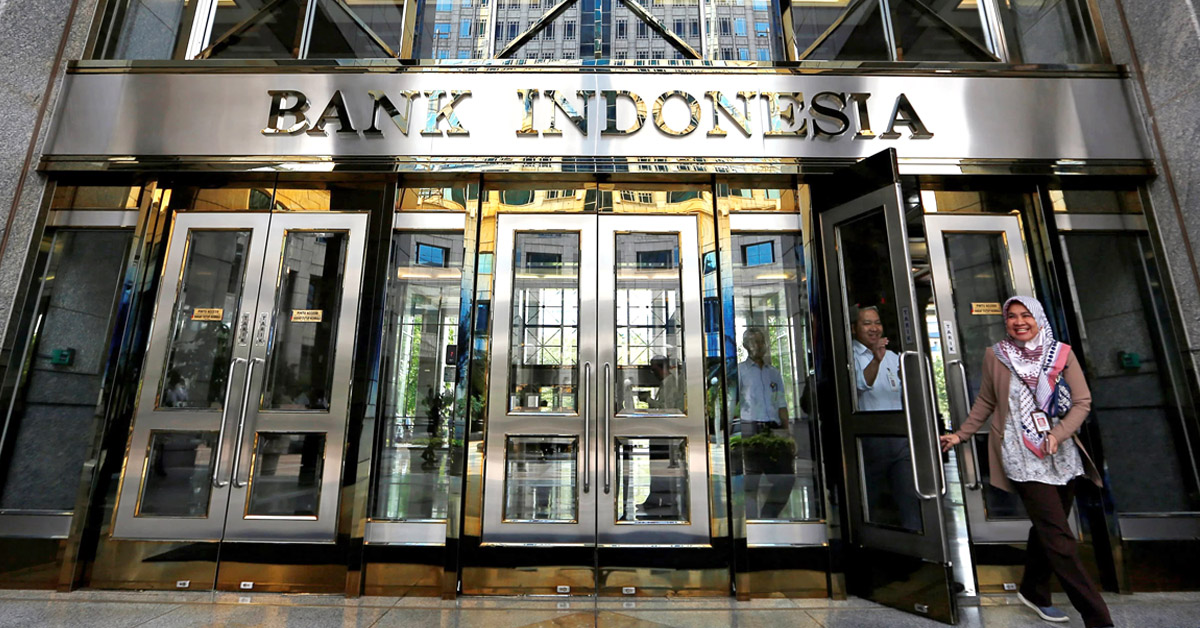
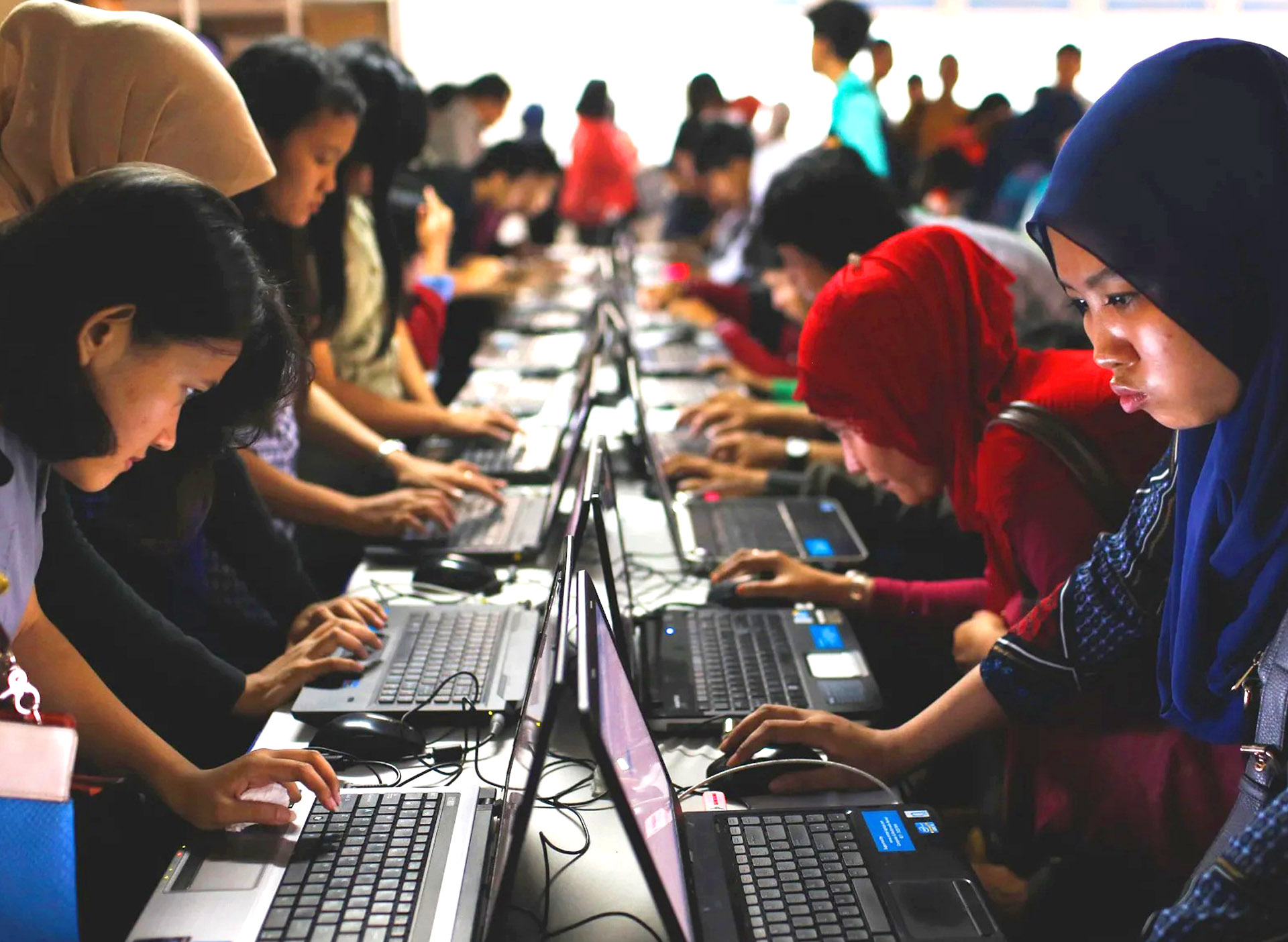






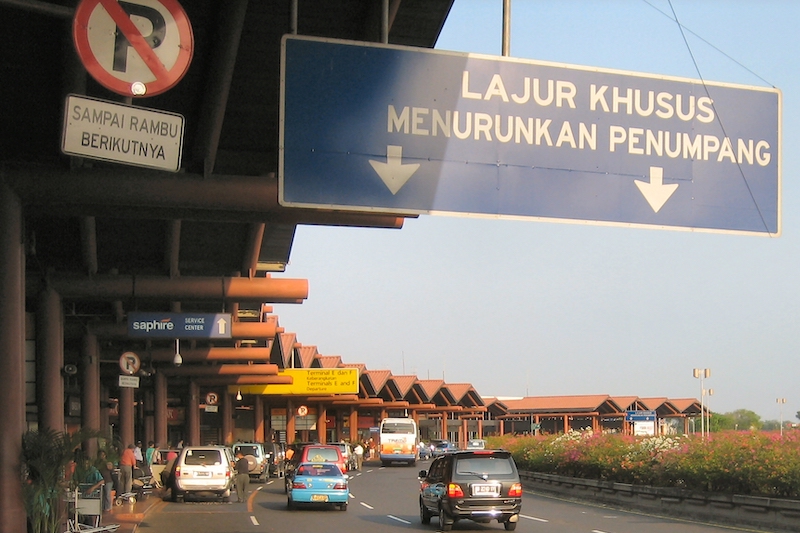
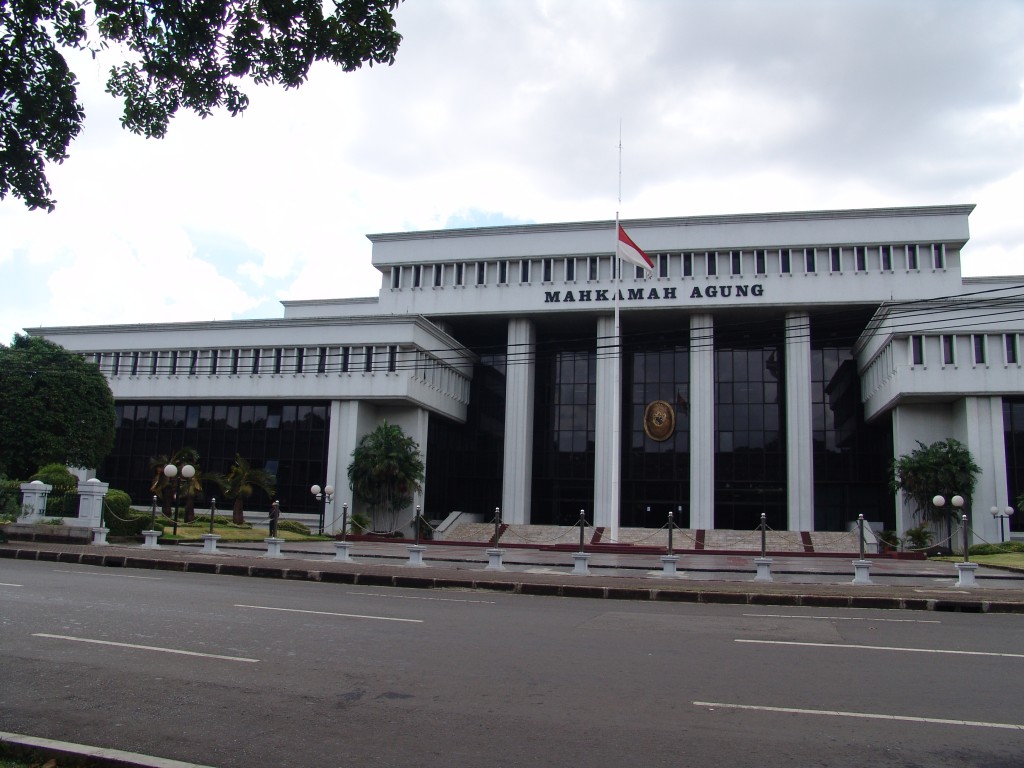





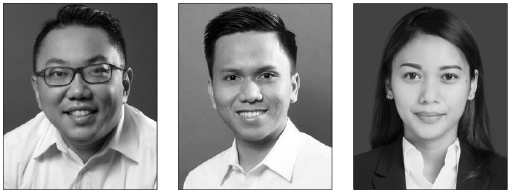




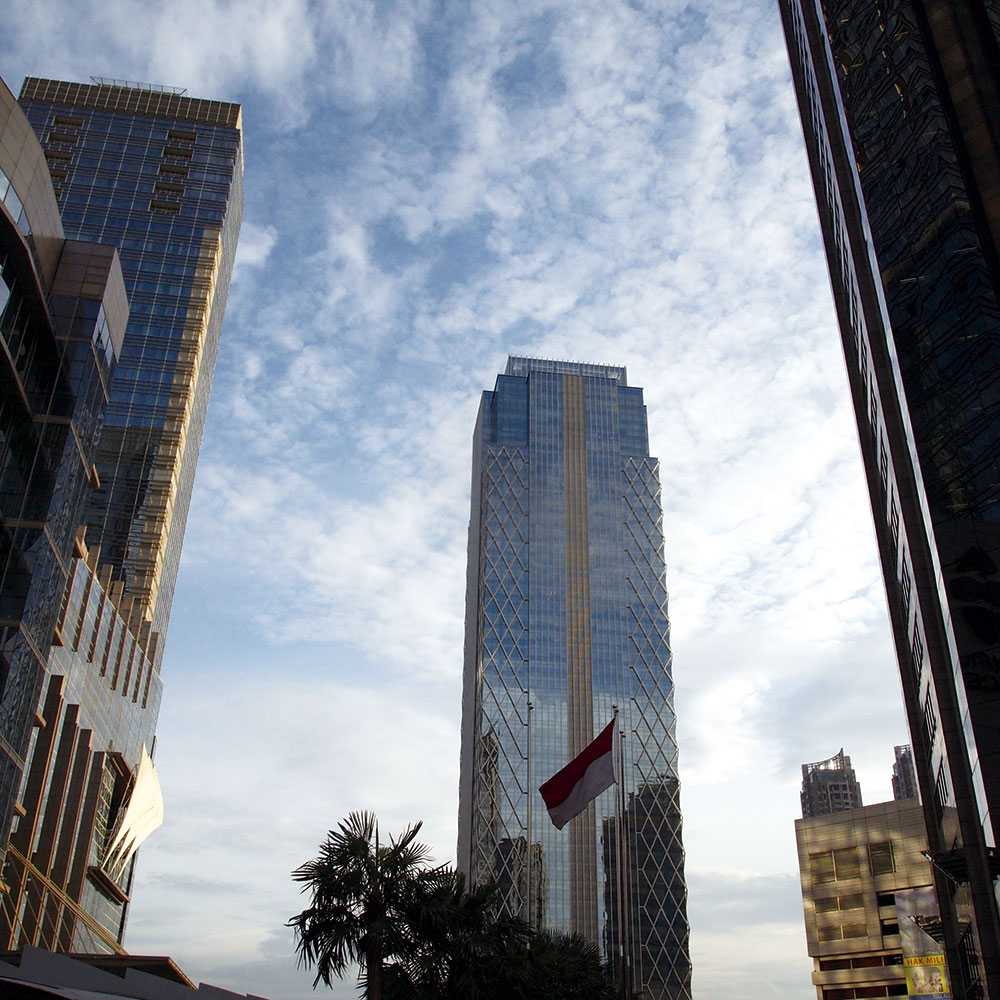

 Makarim & Taira S. (Old)
Makarim & Taira S. (Old) Rahayu Ningsih Hoed
Rahayu Ningsih Hoed







